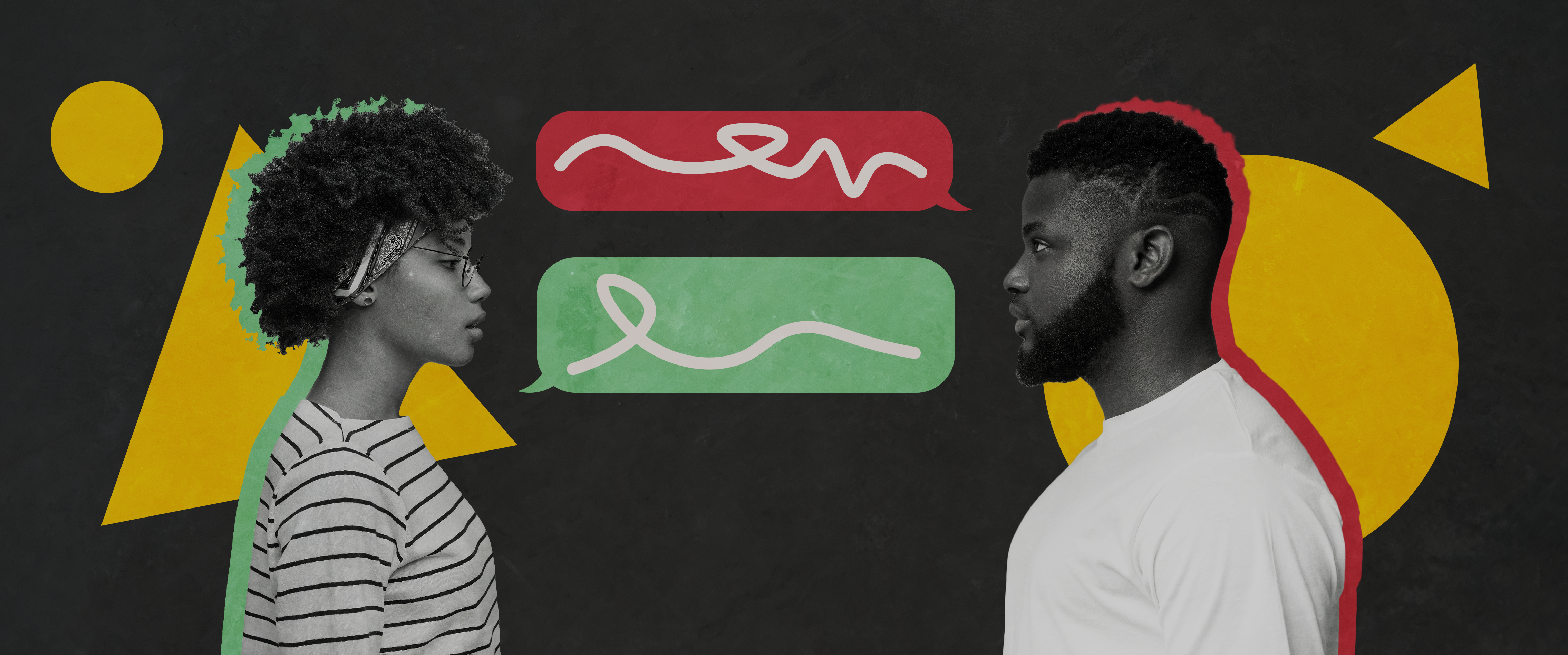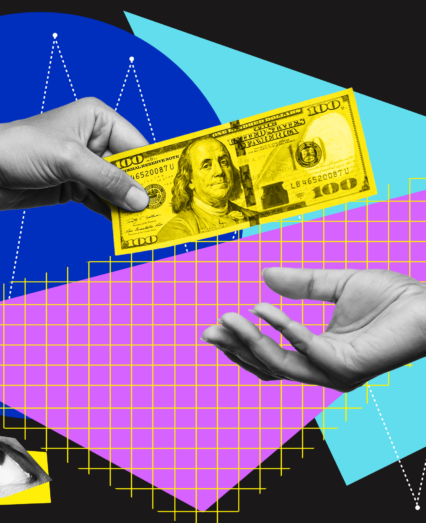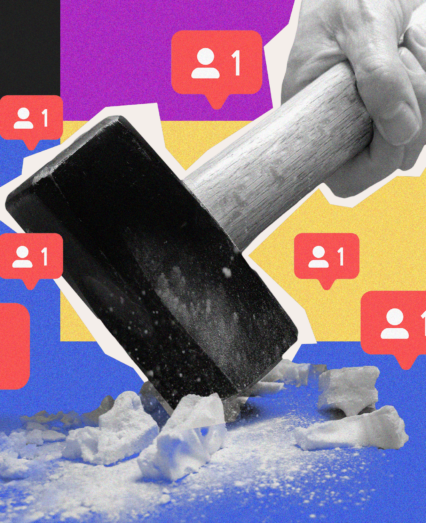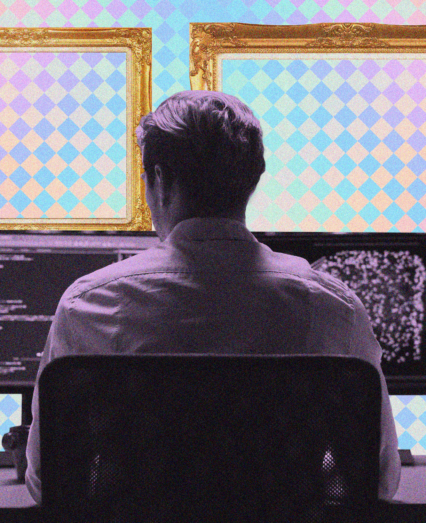To say that 2020 was a rollercoaster ride for the Black community would be nothing short of an understatement. We’ve cried seeing our brothers and sisters violated and murdered by those meant to protect us. We’ve laughed at the memes and sources of entertainment that we have created as an escape from our true realities. We’ve rejoiced at the new changes, small and big, that were put in place due to our loud voices and newfound sense of unity to foster progressive change. We’ve challenged ourselves as well as those that claim to be our allies to see, to hear and to act against the wrongs of our broken society and system.
Now that 2020 has come to an end, many of us are left to wonder: what will 2021 bring to the table for the Black community? Since I didn’t receive my super-powers on December 21st 2020—thanks Saturn and Jupiter—I sadly can’t predict the future. Instead, I did the next best thing and asked my Black followers what they would like to see in 2021. Here’s what they had to say.
Breaking stereotypes and rebuilding Black spaces
Although the 13th Amendment, which abolished slavery, was ratified on December 6, 1865, centuries of oppression, discrimination and prejudice have created division in the Black community. Things like the “brown paper-bag test” and a lack of representation of dark-skinned Black people has led to colorism while the stereotypes placed on Black men and women have created toxic gender roles. The brown paper-bag test comes from a history of colorism and is still used in many cultures as a way to determine an individual’s privilege by comparing their skin tone that a brown paper bag.
Colorism is the prejudice or discrimination against individuals with dark skin complexions, usually among people of the same ethnic or racial group. Both terms have been instilled in the Black community for centuries and create dividing prejudices between our own people. This form of division goes hand in hand with the stereotypes instilled between Black men, Black women and Black individuals in the LGBTQ+ community.
Lupita Nyong'o: Colourism is the daughter of racism https://t.co/B4peiOzhYU
— FilmFatale_NYC 🇭🇹 🇩🇴 🇺🇸 (@FilmFatale_NYC) October 8, 2019
These stereotypes are often seen in our media when Black celebrities with skin tones similar to Beyoncé are celebrated and given lead roles over dark-skinned celebrities like Lupita Nyong’o, who are given roles that are centered around their race and slavery. Meanwhile, dark-skinned Black men are given more representation, but they are often partnered with light-skinned or non-Black women and are shown as ball-players, supervillains and rappers that promote illegal behavior.
Although light-skinned women are more celebrated, they are often fetishized and sexualized while light-skinned Black men, when compared to Black dark-skinned men, are seen as feminine, weak, and the butt of homophobic remarks. While our community has maintained progressive views as a collective, homophobia is still a prominent problem we face. The blatant homophobia within the Black community is hypocritical since we ourselves have been oppressed in society for centuries. We can not take up space and have our voices heard until we create spaces that shatter these dividing terms and stereotypes within our own community.
Peace from violence and progressive political changes
No peace until there is justice. That was the motto of a lot of the protests that took place after the killing of George Floyd, Breonna Taylor and many other Black individuals by the police and white supremacists in 2020. Although a few small changes were made due to our protests, we still have a long way to go when it comes to feeling peace from violence.
To walk outside without fear of being targeted because of our skin tone is a shared dream in our community, and blackout Tuesdays, removal of racist statues and broken promises won’t make it come true. Our politics and government were built on racism and we won’t see real change until our leaders take proactive actions to rebuild the communities that have been tainted by past and current laws that keep us in chains.
2021 regarding reparations
Reparation: the making of amends by paying money to or otherwise helping those who have been wronged.
A follower responded to my question with a direct message stating: “One of the best ways to get reparations through the legal system is through wrongful conviction cases…an end to the war on drugs since that has disproportionately affected black folks… getting wrongfully incarcerated folks out and settling their cases for large sums of money.”
Last year, a Black man named Charles Hollam III was released from prison after serving 28 years for a crime he didn’t commit. Hollam was granted 9.8 million dollars by the city of Philadelphia for his time served. Considering the trauma, abuse and years stolen from Hollams life, 9.8 million dollars seems like a small amount, but it is a start.
The topic of reparations towards the Black community from the American government has always been a touchy subject for our society. Reparations may seem like a desperate cry for free handouts to some and is often followed with the suggestion to forgive and forget years of slavery that has led to centuries of oppression, prejudice and discrimination.
However, forgiveness can not be received without admission of wrong doings and the idea of reparations is the perfect way for the American government to admit its wrongdoings and make long lasting, progressive change.













